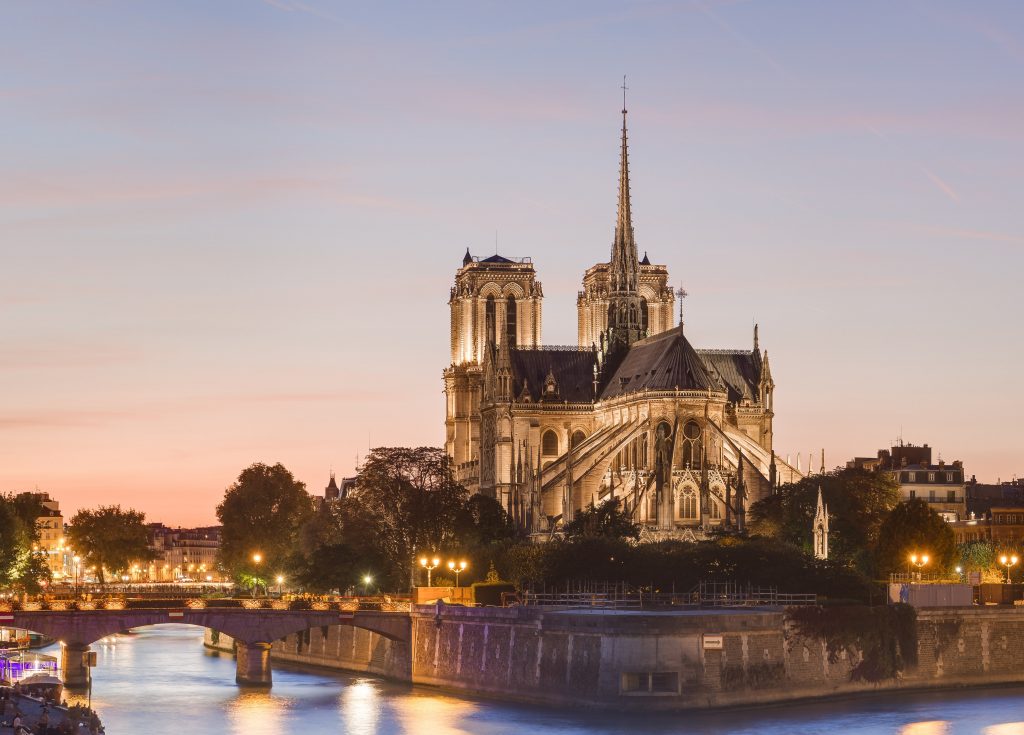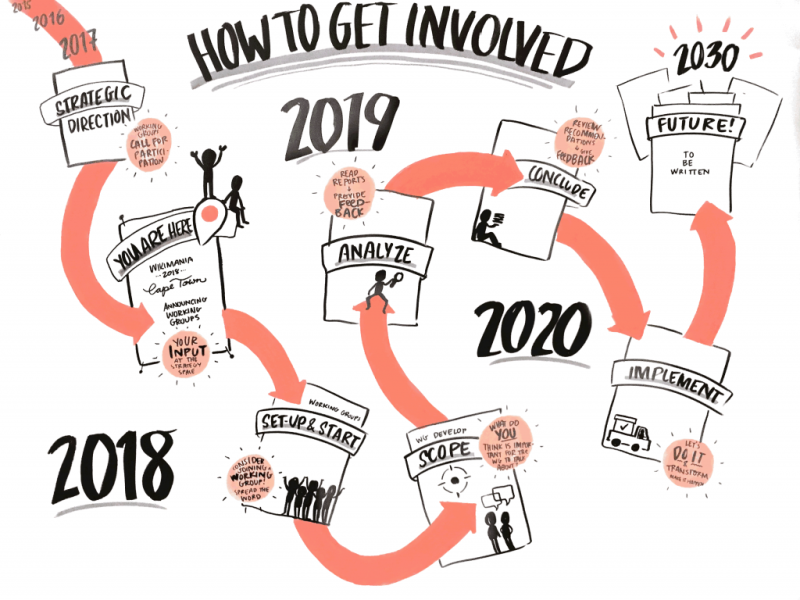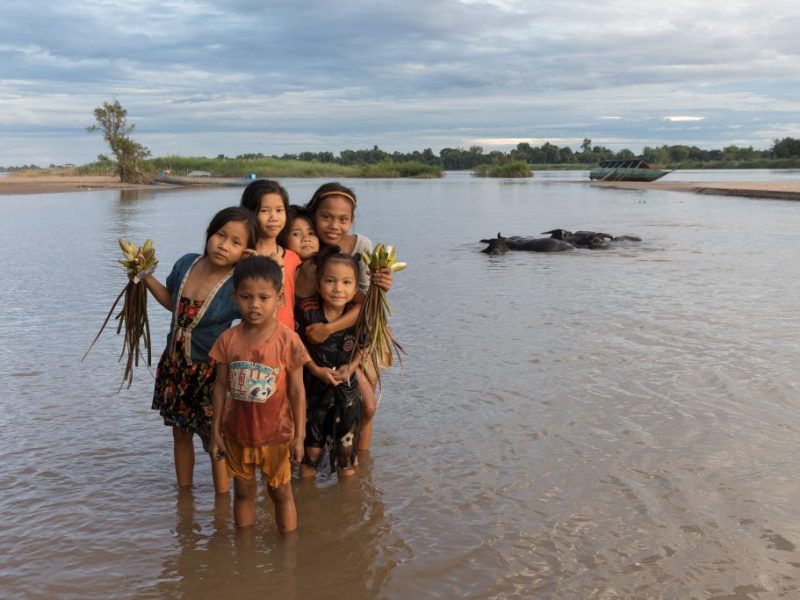Last week, I watched, completely helpless, as the spire of Notre-Dame de Paris was eaten away by a blazing fire.
I lived for seven years in France’s capital. I’ve seen Notre-Dame more times than I can count—as a backdrop to a evening stroll, a morning rendez-vous, an outing with friends. Paris, and Notre-Dame at its heart, are dear to me.
However, Notre-Dame is not the first of our world heritage places to be damaged or have been destroyed. Dharahara, Palmyra, and the Great Mosque of Aleppo all immediately come to mind. It also will not be the last.
I am lucky. Most of my cultural anchors are recorded not once, not twice, but a thousand times, because I am French. Notre-Dame was even recorded in excruciating 3D detail for a video game, of all things. And since last Monday, France is all over the news, all the news, in the whole world. Wikimedians have plenty of material to work with to record my knowledge and preserve my culture. I’ve been able to watch all of the Wikimedia sites swell with information about Notre-Dame: Wikipedia articles have been created, the Wikidata items updated, and the Commons categories grew with more and more pictures—not just of the fire, but also of information not available before.
And you, my friends in the Wikimedia community: editors, organizers and colleagues, are who makes this possible.
Yet despite all these silver linings, Notre-Dame is still very much the exception. The voices of non-Western people are still missing from much of the discourse both inside and outside of Wikimedia. We are missing so much information about the cultures and knowledge of many of the people we already work with, and even more of the cultures and knowledge of those who we still haven’t managed to get to know.
Since 2018, we have been developing the Wikimedia movement strategy, and pledged to focus our efforts on the knowledge and communities that have been left out. We are actively working to make sure that anyone, anywhere, will be able one day to find their cultural anchors online, freely accessible.
So today, I want to say thank you, my Wikimedian friends, for the work you have done, the work you are doing, and most importantly, I want to thank you for the work you will be doing in the years to come, to support the recording of the world’s knowledge, in all its diversity.
Your work, while it might not be saving any building from flames, will allow more and more people to access and share a part of what makes them who they are.
Thank you.
Delphine Ménard, Program Officer, Annual Plan Grants, Community Resources
Wikimedia Foundation



